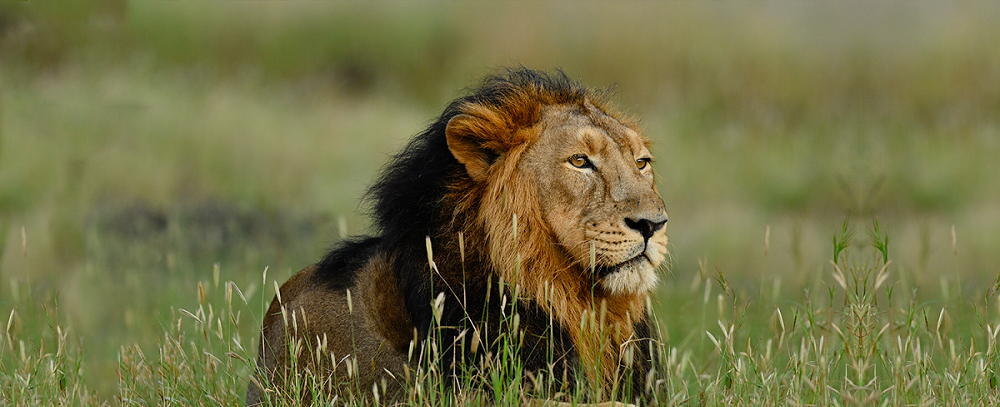In the Junagadh district of Gujarat, Gir National Park has long been celebrated as the last natural home of the majestic Asiatic lions. Over the past 5 years, this iconic species has made a remarkable recovery, with its population growing by 32%, from 674 in 2020 to 891 in 2025. This surge is not just a conservation success story; it's a compelling reason for wildlife enthusiasts, nature lovers, and curious explorers to plan their next adventure to Gir. The rise in lion numbers signals a thriving ecosystem, better protection measures, and enhanced visitor experiences. As Gir continues to attract attention both nationally and globally, it stands out as a premier wildlife destination. For families, photographers, and safari seekers, Gir offers a once-in-a-lifetime opportunity to witness Asiatic lions in their natural habitat. And with convenient options online safari booking both for Gir and Devaliya, planning your visit has never been easier or more exciting.
Asiatic Lions on the Rise: A Conservation Milestone
According to a report released by the Gujarat Forest Department on May 21, 2025, the Asiatic lion population has reached 891, marking a 32% increase since the last census in 2020. This count includes 196 males, 330 adult females, 140 sub-adults, and 225 cubs. The census was conducted over four days in May, covering an impressive 35,000 sq. km across 58 talukas in 11 districts of the Saurashtra region. This wide coverage reflects not only the lions’ growing numbers but also their expanding range beyond the traditional boundaries of Gir National Park.
Interestingly, while the Gir National Park and Paniya Wildlife Sanctuary remain core habitats, home to 394 lions, the 2025 census also confirmed significant populations in other sanctuaries and even non-forested, coastal regions. Areas like Girnar, Mitiyala, and Barda Wildlife Sanctuary now host what are known as "satellite populations," contributing to a broader geographic spread. In total, these satellite zones now account for 497 lions across nine such pockets, with one corridor even housing 22 lions.
This expanding territory - from 30,000 sq. km in 2020 to 35,000 sq. km in 2025 - represents a 16.67% growth in lion range and demonstrates the positive outcomes of consistent conservation efforts. The government’s commitment is further solidified through the launch of Project Lion, a ₹2,900 crore initiative approved by Prime Minister Narendra Modi in March 2025. This project aims to improve lion habitats, reduce human-wildlife conflict, and develop new protected zones within Gujarat, ensuring lions can thrive with minimal human interference.
Despite these successes, the growing proximity of lions to human settlements has led to rising concerns. A recent study in Conservation Biology highlighted a 10% annual increase in villages reporting livestock attacks. Though 61% of locals surveyed expressed tolerance toward lions, experts like Y.V. Jhala from the Wildlife Institute of India emphasize the need for more protected spaces to prevent potential conflicts and ensure sustainable conservation.
Make the Most of Your Visit with Gir Online Safari Booking
One of the best ways to explore Gir is through a guided safari by jeep. To ensure a smooth and hassle-free experience, opt for Gir online safari booking in advance. This not only guarantees your entry but also allows you to select preferred time slots and zones for optimal wildlife sightings. The booking process is simple and accessible through online portals, helping you avoid last-minute issues during peak tourist seasons.
Tips for booking and enjoying your safari:
• Book early, especially if visiting between December and March.
• Choose morning slots for better chances of spotting lions.
• Carry essentials like water, sun protection, binoculars, and cameras.
• Follow safari guidelines and listen to your guide to ensure a safe and respectful experience.
Final Thoughts
The 32% rise in the Asiatic lion population is more than a number - it’s a symbol of hope, resilience, and successful conservation. Gir National Park reflects India’s dedication to conserving its rich wildlife while promoting eco-friendly and responsible tourism experiences. As the lions roam freely across an ever-growing landscape, now is the time to see them in their prime.

